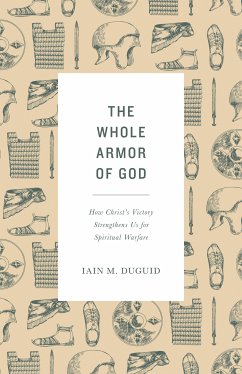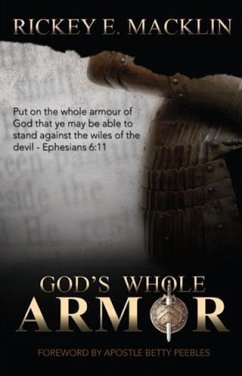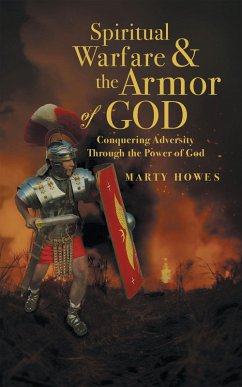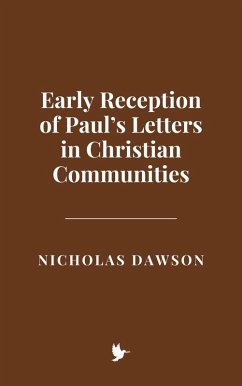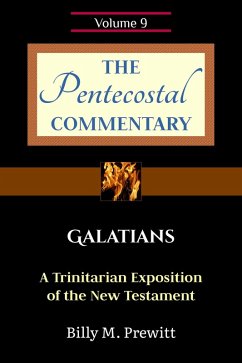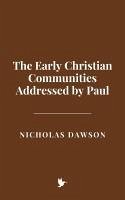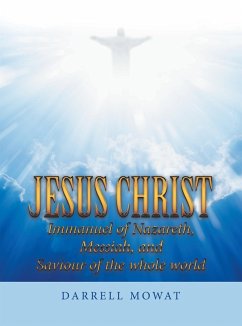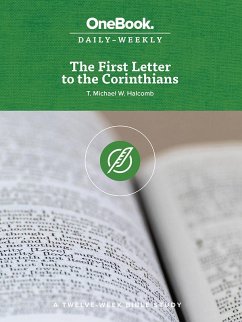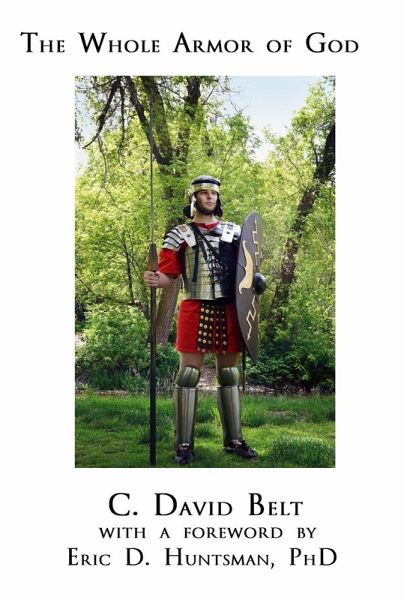
The Whole Armor of God (eBook, ePUB)

PAYBACK Punkte
0 °P sammeln!
Paul was a Roman. Yes, the apostle was raised as a devout Jew and later became a Christian, but he was a citizen of the Roman Empire. He lived in a Roman world. In his Epistle to the Ephesians, Paul wrote to an audience of Christians living in a Roman world, under Roman rule. They had all seen Roman legionnaires and were familiar with the armor and weapons carried by a typical Roman soldier. As contemporary Christians, we have a tendency to picture Sir Lancelot on his horse. We are using the wrong imagery. We miss the powerful symbolism of Paul's analogy. There is deep meaning in each of the s...
Paul was a Roman. Yes, the apostle was raised as a devout Jew and later became a Christian, but he was a citizen of the Roman Empire. He lived in a Roman world. In his Epistle to the Ephesians, Paul wrote to an audience of Christians living in a Roman world, under Roman rule. They had all seen Roman legionnaires and were familiar with the armor and weapons carried by a typical Roman soldier. As contemporary Christians, we have a tendency to picture Sir Lancelot on his horse. We are using the wrong imagery. We miss the powerful symbolism of Paul's analogy. There is deep meaning in each of the symbols that Paul uses --symbols that we gloss over or fail entirely to understand--symbols that Paul's audience readily understood.
Dieser Download kann aus rechtlichen Gründen nur mit Rechnungsadresse in A, B, CY, CZ, D, DK, EW, E, FIN, F, GR, H, IRL, I, LT, L, LR, M, NL, PL, P, R, S, SLO, SK ausgeliefert werden.




